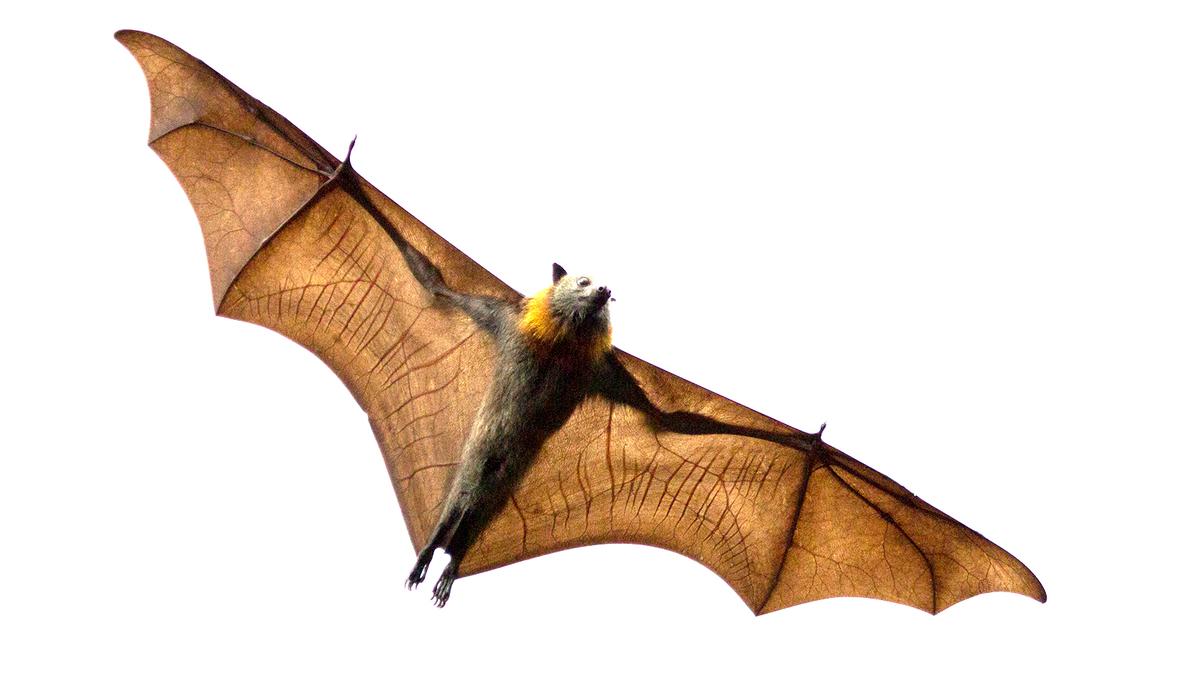
The louse and the mosquito
The Hindu
S. Rajani, a homemaker, visits a tribal settlement to provide meals to less privileged children. Her daughter's death anniversary marks the day, reminding her of the painful end caused by rabies, a zoonotic disease. Kerala is increasingly susceptible to such diseases, with leptospirosis, scrub typhus, and Nipah claiming lives. Climate change, migrations, and pet trade are contributing to the spread. Disease surveillance efforts, check-posts, and research are needed to prevent the spread. Rajani awaits compensation for her daughter's death, but the lack of funds has hamstrung the committee. No money can compensate for the loss, leaving her family to rebuild their lives.
On September 5, S. Rajani, a homemaker from Perunad in Kerala’s Pathanamthitta district visited Laha, a nearby tribal settlement, along with her husband and son. They were carrying about 100 packets of freshly cooked rice and vegetable curry carefully packed in plantain leaves and wrapped in newspapers.
The meals were for less privileged children living in dilapidated homes. When they received the packets, their smiles made memories come rushing to Rajani. She thought of her daughter Abhiramai, who would’ve turned 13 this year, and her eyes welled up.
The day marked the child’s first death anniversary. Abhirami sustained a stray dog bite when she was fetching milk from a home nearby. She succumbed to rabies, one of 27 people who died in 2022. A year on, Rajani’s pain has not abated. Loud dog barks send shivers down her spine, drowning her in the agonising memories of her daughter’s painful end.
Kerala is becoming increasingly susceptible to zoonotic diseases, which leave a trail of familial economic and health impacts. Outbreaks occur mostly in villages abutting forested regions.
Leptospirosis continues to be the killer zoonotic disease in the State, with 290 deaths in 2022, followed by scrub typhus, which claimed 24 lives last year. The deaths due to rabies also paint a grim picture. While five people succumbed to the viral infection in 2020, the death toll recorded an over 100% increase in 2021, with 11 cases. Last year, 27 rabies deaths were reported, according to the data on communicable disease available with the State Surveillance Unit of the Directorate of Health Services, Kerala.
Most recently, Nipah, the deadly zoonotic viral disease, made its fourth date with the State since 2018 and claimed two lives. The resurfacing of the disease, believed to be spread by bats, the reservoir of the pathogen, caused widespread panic among people in Kozhikode district, from where the deaths were reported. It also threw life out of gear for a large number of people, who were forced to stay indoors after the authorities notified their localities as containment zones.
Those such as Babu Kunnath, who came into direct contact with the dead or infected, are forced to stay in quarantine for 21 days, the incubation period of the Nipah virus. “My exposure to the disease happened when I took Mangalatt Harris, a native of Vadakara in Kozhikode, who later died of the disease, to a hospital after he complained of severe headache and high fever,” he says. Kunnath was working as a carpenter in Harris’s house.





















 Run 3 Space | Play Space Running Game
Run 3 Space | Play Space Running Game Traffic Jam 3D | Online Racing Game
Traffic Jam 3D | Online Racing Game Duck Hunt | Play Old Classic Game
Duck Hunt | Play Old Classic Game











